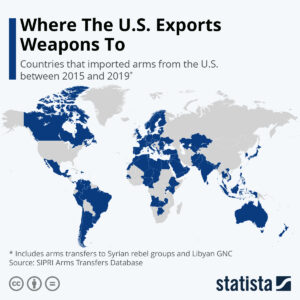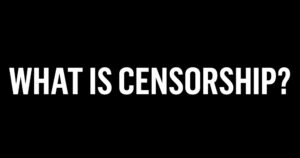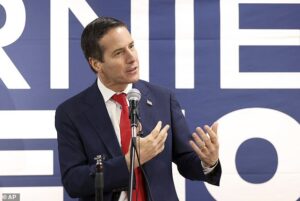The NFL Flexed Game on Thursday night football for the first time in league history but it is far from the first them they flexed a game. This flex stressed fans who travel to the game and purchased non-refundable airline tickets and hotel rooms.
At least one analyst thinks the fans out of pocket money should be refunded by the league. It’s an interesting question and that’s the sort of thing I live to talk about.
What is an NFL Flexed Game
An NFL flexed game is one that changes from one date on the schedule to another. Generally, the NFL announced these decisions twelve days in advance to help fans and players prepare for the change. Because this was the first time they flexed a Thursday Night game they announced it twenty-eight days in advance.
Why does the NFL Flex Games?
The reason for NFL flexed games is simple. Media ratings. The NFL schedule is prepared in advance of the season. During the course of the season what appeared to be an attractive game for national viewing might become less so because the two teams are having poor years. In this case, the NFL will flex the game, moving it from one date to another.
This almost always involves one of their specialty games. Sunday Night Football, Monday Night Football, etc. The NFL wants a high-profile game in the slot rather than a couple of teams that have a small national audience or a game of little importance.
The Stress of an NFL Flexed Game
The stress of such a game is obvious. Fans paid for tickets on a particular date and now must make arrangements to attend on a different date. For fans traveling to the game, this is particularly stressful. They now must make new travel and hotel plans. Even if given the longer twenty-eight days, this can be expensive. If given just twelve days the ability to change plans becomes even more difficult.
There will always be some fans flexed out of a game because they have unalterable plans on the new date of the game.
The Individual Fan Matters Less
One of the biggest issues is fan attendance is becoming almost an afterthought in the revenue stream of sports franchises. The teams make much more money from media rights, luxury boxes, gambling website associations, and jersey sales than they do from individual fans in the relatively inexpensive seats.
Stadiums are eating away at cheap seats with enormous luxury boxes. The average fan watches from home on television.
Conclusion
It’s not going to change. As a greater and greater portion of revenue stems from sources other than fans at the game, the leagues will continue to be unperturbed by annoyed fans unable to attend flexed games. They just don’t care. They will not reimburse. Hate it all you want.
Tom Liberman














